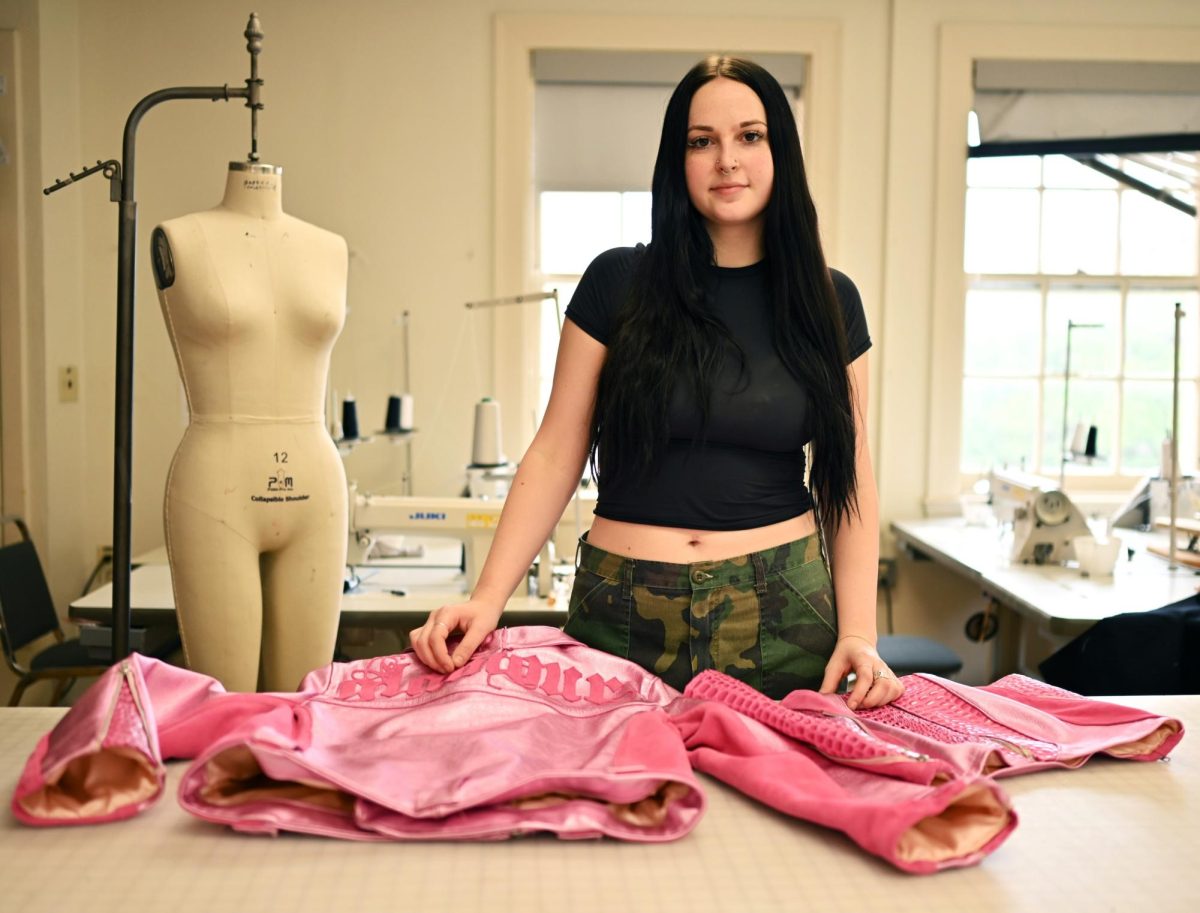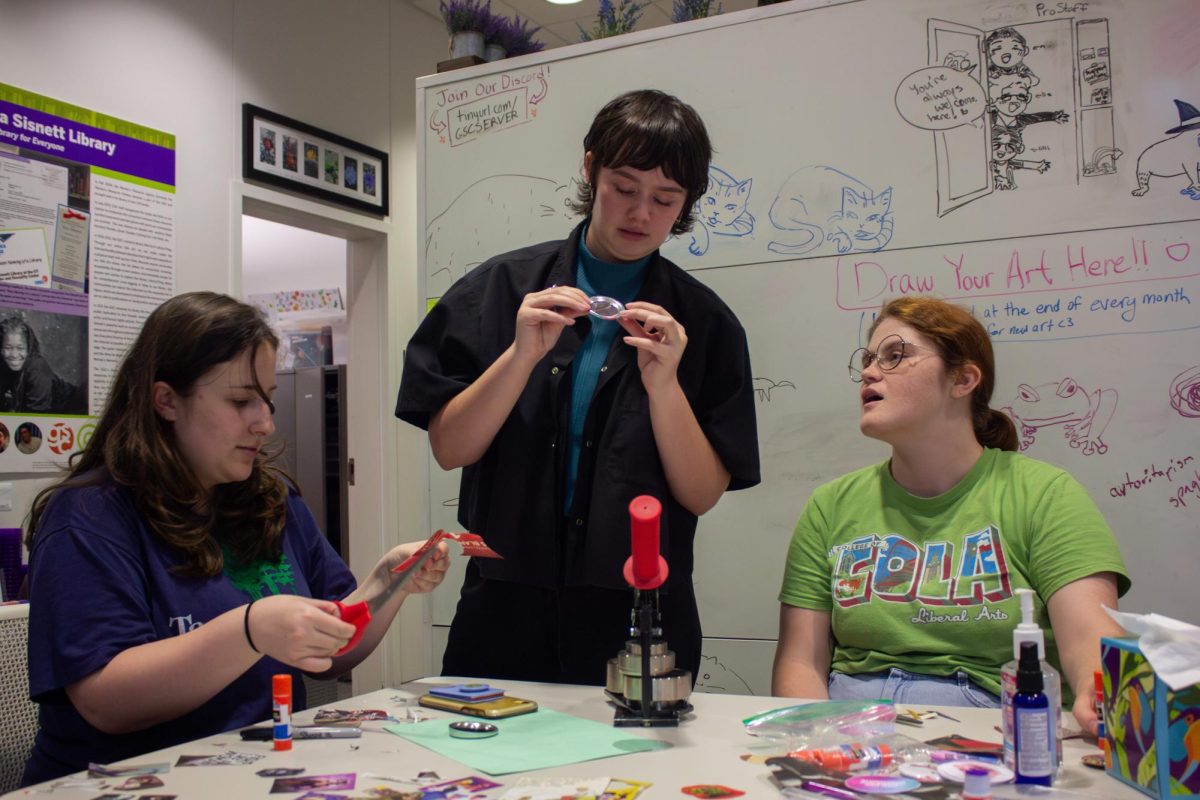Growing up in Vietnam, economics senior Jonah described himself as a “bad kid.” His dad provided a solution: a better education and environment. He sent his son to America, specifically a private Christian boarding school in Tyler, Texas.
Surrounded by countryside and with little to do, Jonah said he felt motivated to study harder. However, the change in culture and presence of racism he hadn’t experienced before was a lot to overcome.
“I (thought), ‘This isn’t a country for me, no one listened to me,’” Jonah said. “There are few people who are like (me and) I was not accepted by everyone.”
Seeing the deterioration of the Vietnamese government led him to the path to permanent United States citizenship after being on a student visa for six years. “The only choice for me is to stay here so I can be able to give what my dad’s given me to my kids,” Jonah said.
Jonah and his brother, Logan, who moved to Tyler several years later, embarked on the road to citizenship last November. With the help of their father, they chose the Immigrant Investor Program, one of six routes to citizenship. The program, officially called Employment-Based Immigration: Fifth Preference, was created through a law passed in 1990 and has since helped thousands. It reached its 10,000 person quota for the first time in 2017.
Attorney and UT law alumnus Mehron Azarmehr, who graduated in 1992, has handled around 400 investment cases.
“Investment is unique in that you’re self-sponsoring yourself through commitment of capital,” Azarmehr said.
After finding a project to invest in, Azarmehr said a regional center pools together each applicant’s $500,000 investment and puts it toward a business.
“The developer benefits because now they have capital coming in,” Azarmehr said. “U.S. workers benefit because there’s more jobs, and the student benefits because now he can pursue his career freely after school without all these strings wrapped around his ankles.”
The investment is required to create 10 new jobs, Azarmehr said. It provides no guarantee of full repayment when they recoup their investment. At the end of each year, Jonah’s family will receive the acquired interest. While the minimum requirement is two years, the process normally takes five, said Azarmehr.
“(Creating ten jobs isn’t) a worry because we invested in a business near the river,” Jonah said. “They’re building food chains, so I think it will create a bunch of jobs.”
Similar to other investments, Azarmehr said bad actors can pose real risk to applicants, but researching attorneys and carefully picking projects can help eliminate some of these risks. Other barriers include not receiving approval because of bad background checks or green card violations, something Logan isn’t worried about.
“I feel like we have a good enough proof we’re not here to screw around,” Logan said. “We’re here to study and help others.”
After first obtaining a temporary and then a permanent green card, applicants are able to apply for citizenship only after completing each step over the course of five years.
Although the process is long and laborious, Jonah sees the investment as a win-win situation.
“(If) your family is able to finance your kid to be in a better place like America then you would,” Jonah said. “If you help this country to grow up, they say; Okay, we can count you as a U.S. citizen.’”
Editors Note: Some of the names in this article have been changed to protect the sources' paths to citizenship and their family's safety.





















